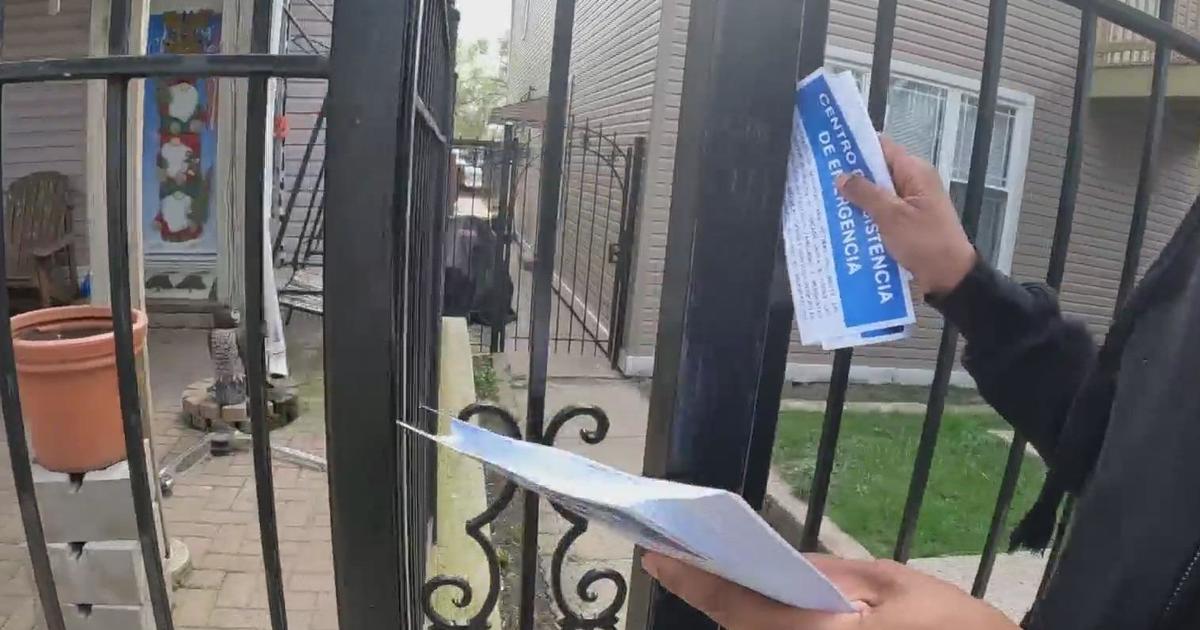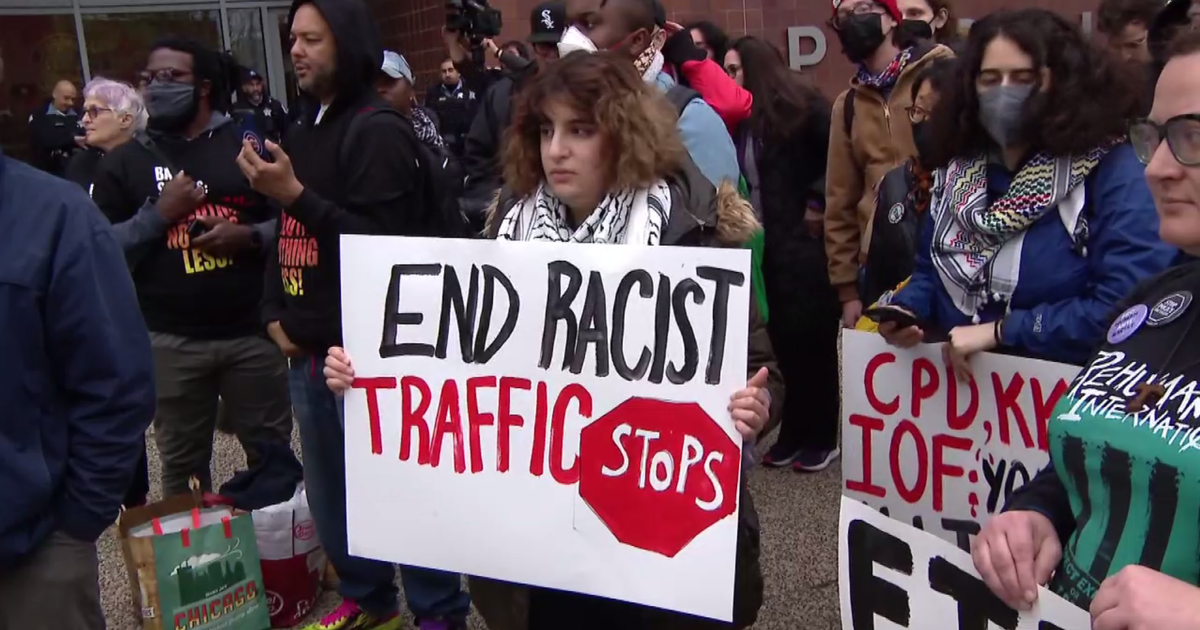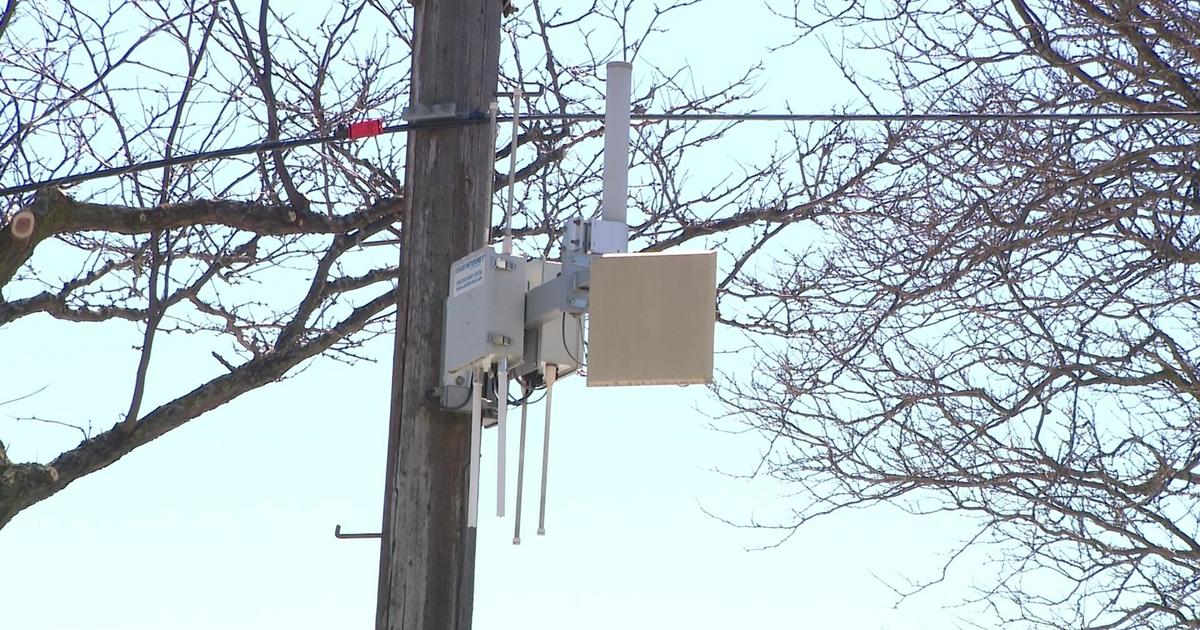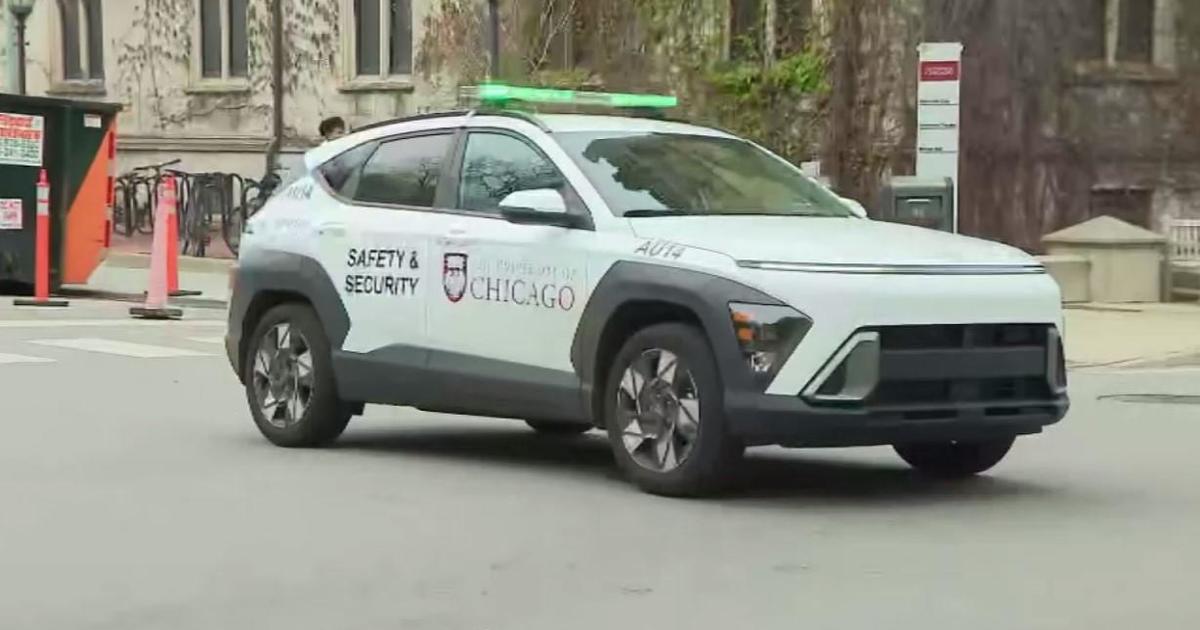CPD To Show Off New Crime-Fighting Tech, Tactics At Police Conference
CHICAGO (CBS) -- Dozens of police officers from around the country were in Chicago on Wednesday, to learn how new tactics and technology have been helping the city do better at fighting violent crime.
Chicago Police Supt. Eddie Johnson was hosting the crimefighters conference Wednesday night at the University of Chicago Crime Lab.
Last year, Chicago was drawing headlines for the soaring number of shootings and murders. At the conference, Johnson will tout a 25 percent reduction in shootings in some of the city's most violent neighborhoods, and a 15 percent drop in the number of murders across the entire city.
More than 20 cities and towns have sent police brass to Chicago for a two-day conference to learn what the city is doing right in the fight against violent crime.
"Murders are one of the crimes that we look at to see how safe a city is, and how safe a city feels. So anytime there's a decrease, that's a good thing, and we want to take that home to Nashville," Nashville Police deputy Chief Todd Henry said.
Johnson believes the drop in shootings was the result of the city's growing smart policing strategy.
The main focus has been the creation and expansion of strategic decision support centers in several police districts. Also known as "situation rooms," the first such centers were opened in the districts with the highest violent crime rates.
Chicago Police Department spokesman Anthony Guglielmi said officials believe the city's reduction in violent crime over the past year is due in large part to the use of the support centers, where officers work daily with University of Chicago Crime Lab analysts.
"We call it cops and nerds. You have data scientists and police officers sitting in districts, analyzing data, and it's really a great relationship," he said.
The situation rooms use ShotSpotter gunshot detection systems that can triangulate the precise location of gunfire, and allow officers to respond more quickly to shootings.
The first support centers opened in January 2017. Eight districts now have installed the situation rooms. Another four districts were slated to open support centers by the end of 2018.
In addition to ShotSpotter technology, the support centers allow officers to monitor a network of surveillance cameras, license plate recognition software, the location of police units, and incoming calls for service. The screens inside each center are updated every 30 seconds, and the rooms are staffed 24 hours a day.
The centers also use a program called HunchLab which is supposed to predict where violence might occur, based on previous police calls.
"Over the last year, targeted data-driven enforcement has been the centerpiece of CPD's crime strategy, which has been supported by significant investments in technology," Johnson said. "These investments have made us more predictive and more proactive, especially in districts that have presented historical challenges with violence."
Los Angeles Police Department Deputy Chief Sean Malinowski said his department can learn some valuable lessons from Chicago.
"What's striking now is Chicago has leap-frogged us in terms of their ability to analyze crime, and applying the technology to it," he said.
Grand Crossing District Chicago Police Cmdr. Gloria Hanna said the new support center in her district already has made a difference since it began operating in November.
"We've leveraged the power of data, proactive policing, and the support and partnership of the University of Chicago's Crime Lab to implement a tech-based strategy that is making neighborhoods safer," she said.
Johnson said morale in the department has gone up as violent crime numbers have gone down.
"You can't just tell police officers you care about them and you want them to succeed. You have to show them that. How do you show them that? By giving them the resources and the tools that they need to do their jobs effectively," Johnson said.
Chicago was the first city in the U.S. to open strategic decision support centers. Officials said police leaders from Los Angeles and more than a dozen other cities now want to see how the centers work, so they can employ similar crime reduction strategies in their cities and towns.



